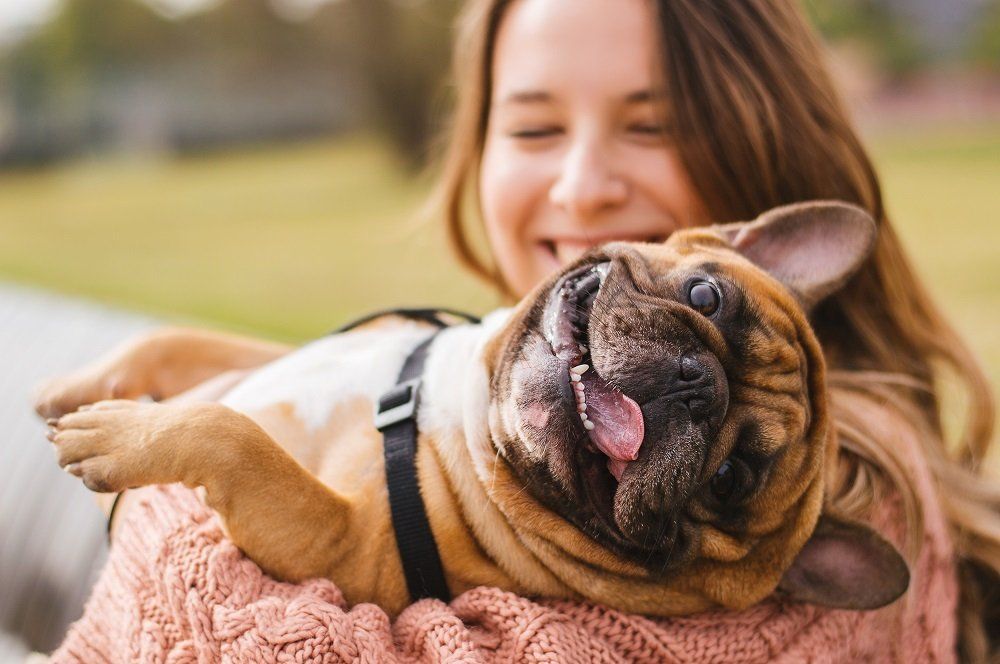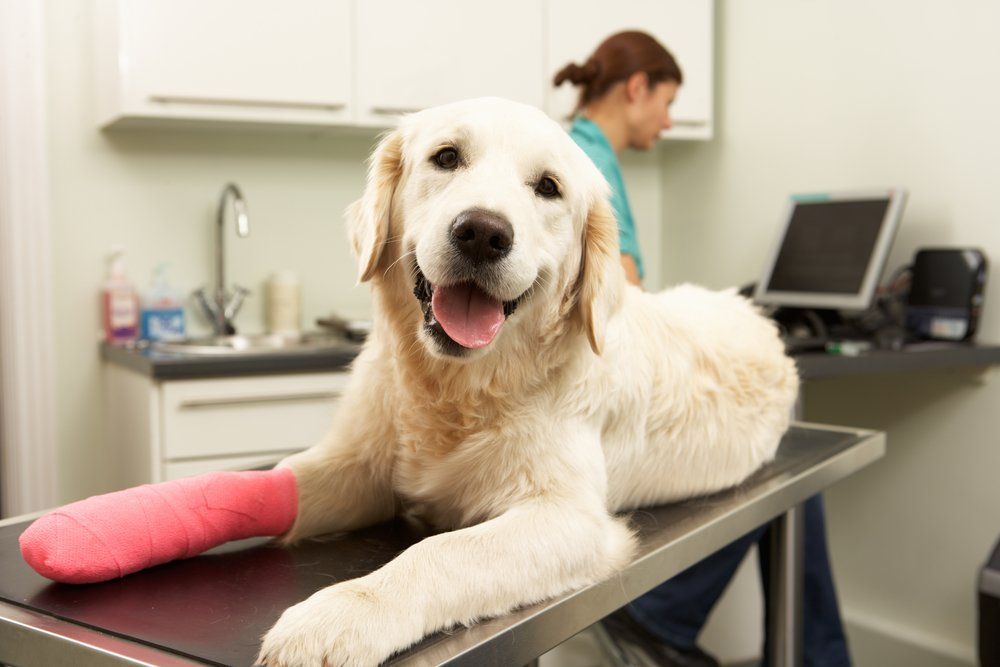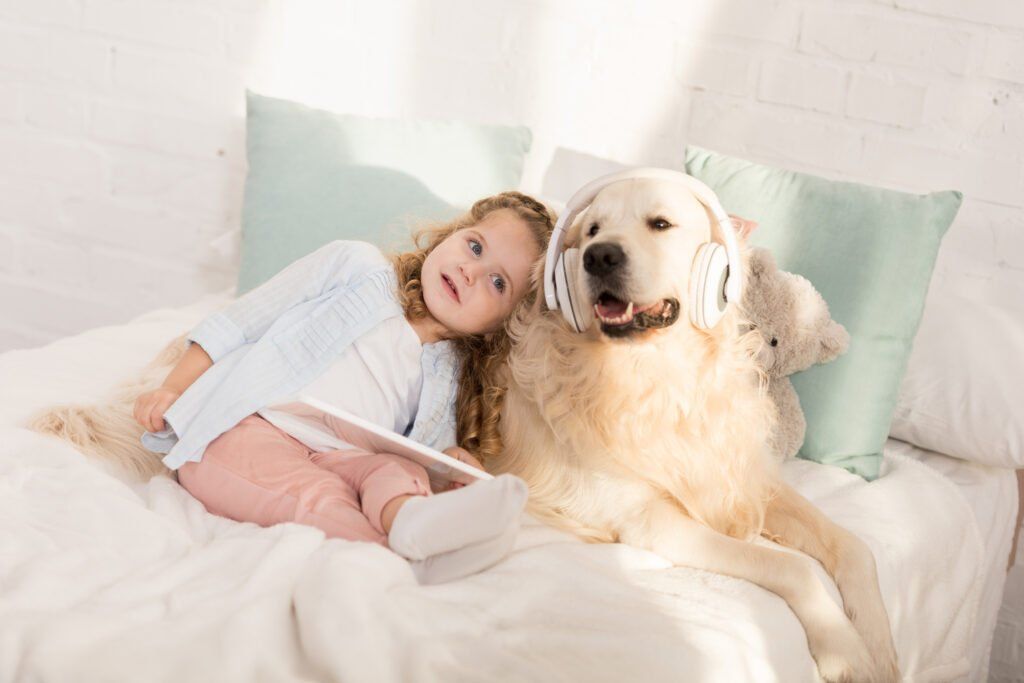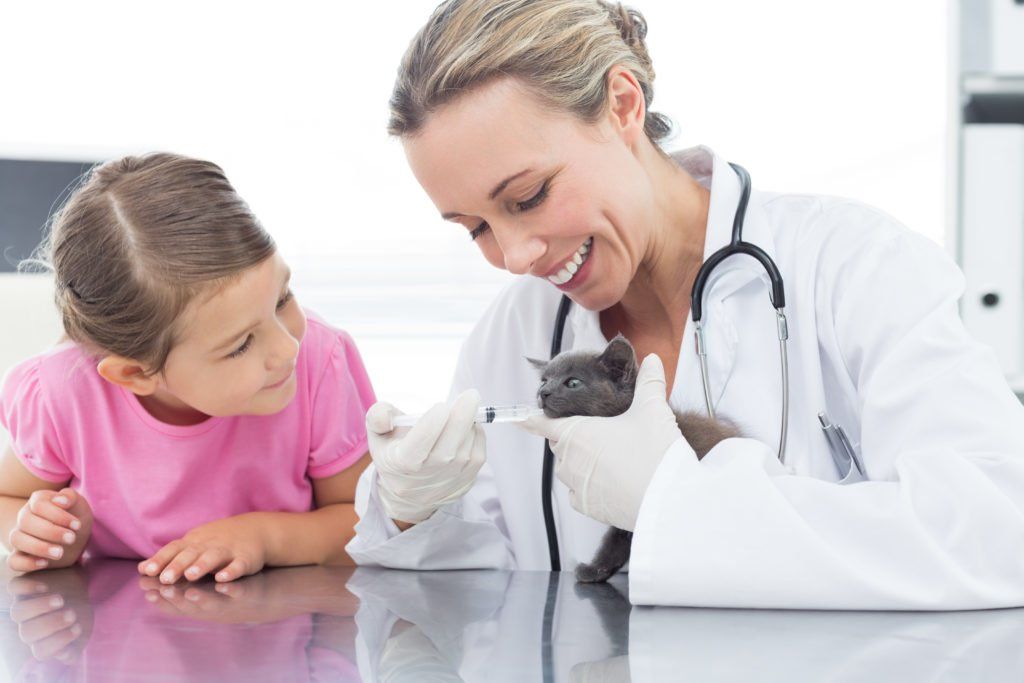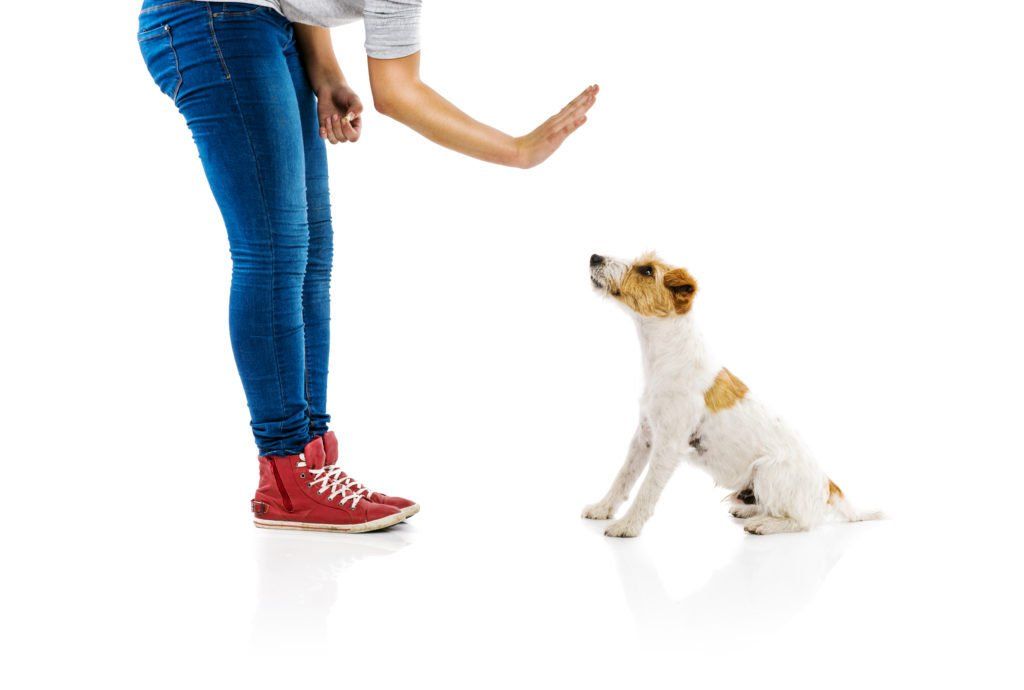7 Common Things that Lead to Accidental Poisoning in Pets
We all want our pets to live long happy and healthy lives, but unfortunately, there are several things in our homes that can lead to accidental poisoning in our pets. Awareness is the key to preventing accidental poisoning emergencies.
What may be good for humans may not always be good for your animals when it comes to food and medicine. A general rule of thumb is that if it is bad for your child, it’s bad for your pet. In honor of the National Poison Prevention Week (March 18th-24th), we’ll show you 7 different groups of toxins that you should avoid exposing to or giving your pet:
1. Household Products
Unsurprisingly, most common household products that are harmful to people to ingest are also bad for your pets. Antifreeze, paint thinner, pool chemicals, and common cleaners like bleach and drain cleaner are considered toxic and can result in stomach, respiratory problems, and renal failure.
A good way to prevent an accidental poisoning is to keep these household products out of the reach of your pets. Keep the toxic products out-of-sight in closed storage or place them high on shelves to avoid accidental spillage. Just as you would child-proof any potential household danger, you should pet-proof your house as well.
2. Human Medications
While most human prescription medications are life-savers for people with medical conditions, even a small dose can be potentially fatal for our pets. Some of the more harmful medications include:
- Antidepressants
- Blood pressure medications
- Prescription anti-inflammatory and pain medications
Over-the-counter medications can also present an accidental poisoning hazard for pets. Pain medications like acetaminophen, ibuprofen, and naproxen. In fact, a single 200-milligram ibuprofen tablet can be toxic for most small or mid-sized pets.
Remember to always consult your veterinarian about giving your pet any kind of medication even if it is over-the-counter and designed for the pet. Just like humans, pets can overdose or have unintended side effects from using even prescribed veterinary drugs. Some of the more easily overdosed medications include painkillers and de-wormers, so be sure to always administer the veterinarian-recommended dosage.
SRVC has both in-house and online pharmacy services to make sure your furry friends have the medicines they need.
3. Human Food
We all love to treat our furry friends to a treat now and then, but not all treats are created equal. Many foods that are safe for humans are actually poisonous for our pets. Dogs are often in the spotlight since nearly 91% of calls to the Pet Poison Hotline involve dogs. Some of the foods to avoid accidental poisoning in dogs include:
- Alcohol
- Avocado
- Caffeine
- Chocolate
- Grapes and Raisins
- Macadamia Nuts
- Onion and Garlic
- Xylitol (often found in a surprising amount of foods)
Many of the same foods can be toxic to cats as well. Since cats tend to be smaller than most dog breeds they are more susceptible to fatal accidental poisoning from even a small amount of human food.
If you ever have any questions about what human food you can and cannot feed your pet, consult your veterinarian. In order to be safe, only feed your pet food and diets made specifically for your pet.
4. Rodenticides
Rat poison and other rodent poisons can cause accidental poisoning when ingested by your pets. Symptoms of this type of poisoning often do not present themselves until several days after ingestion. If you suspect your pet to have consumed rodenticides or eaten a poisoned rodent, you should take your pet ASAP to your emergency veterinarian.
In order to avoid accidental poisoning from rodenticides, be sure to keep the poison out of the reach of your pet, avoid setting traps near any pet common areas, and alert your neighbors when you set any traps.
5. Flea and Tick Products
These products may be helpful for preventing flea and tick infestations, but they can accidentally poison your pet if not used carefully. Often the problem involves your pet eating one of these products or a small pet receiving more of the product than prescribed. Always talk with your veterinarian about how much you should give your pet even if it is an over-the-counter flea and tick product designed for your pet. Oftentimes veterinarians can prescribe your pet flea and tick medication that is not only more effective but would be administered at a safe dosage for your pet.
6. Plants
One of the most overlooked ways a pet can be accidentally poisoned is by plants. House and garden plants were originally taken from natural environments where they employ chemicals and toxins for self-defense. Some plants that can present dangers to both cats and dogs include:
- Azaleas
- Daffodils (bulbs)
- Lilies
- Rhododendrons
- Sago Palms (seeds)
- Tulips (bulbs)
What if you have one of these plants in or around your house? For dogs, simply putting the plants out of reach will likely eliminate the problem. For cats, it can a little trickier since they like to climb things. We recommend avoiding having any type of toxic plant in a cat household, especially lilies since they can cause severe liver damage with only a couple bites.
If you want more information on what types of plants are toxic to your pets, visit the ASPCA Toxic Plant List website to learn more.
7. Lawn and Garden Products
Are you landscaping or fertilizing your yard? Be sure to keep your pets away from the lawn or garden since many of these products can cause accidental poisoning if ingested. Once the products have dissipated within a week or two, then you should be able to let your pet run around in the affected area. Also, avoid allowing your dog to roll in fertilizer mainly because it smells and no one likes a stinky dog!
What to Do If Your Pet Suffers Accidental Poisoning
- Stay calm and act fast – Although most toxins absorb quickly, if you act swiftly you can potentially prevent damage by taking your pet to the local emergency veterinarian.
- Safely remove the toxin – Be sure to remove any more of the toxin from the pet’s reach so they cannot ingest any more of the toxin.
- Contact your veterinarian immediately – During regular hours, bring your pet into SRVC. However, after hours you can either bring your pet to the local emergency clinic or call the main poison hotlines:
- ASPCA Poison Control Center – (888) 426-4435
- Pet Poison Hotline – (855) 764-7661
Emergency Veterinarian for Accidental Poisoning in Little Rock, Arkansas
Shackleford Road Veterinary Clinic offers many emergency services to help with accidental poisoning or any additional veterinary services for your pet. Be sure to get your pets regular check-ups at Shackleford Road Veterinary Clinic in Little Rock. Book an appointment today!
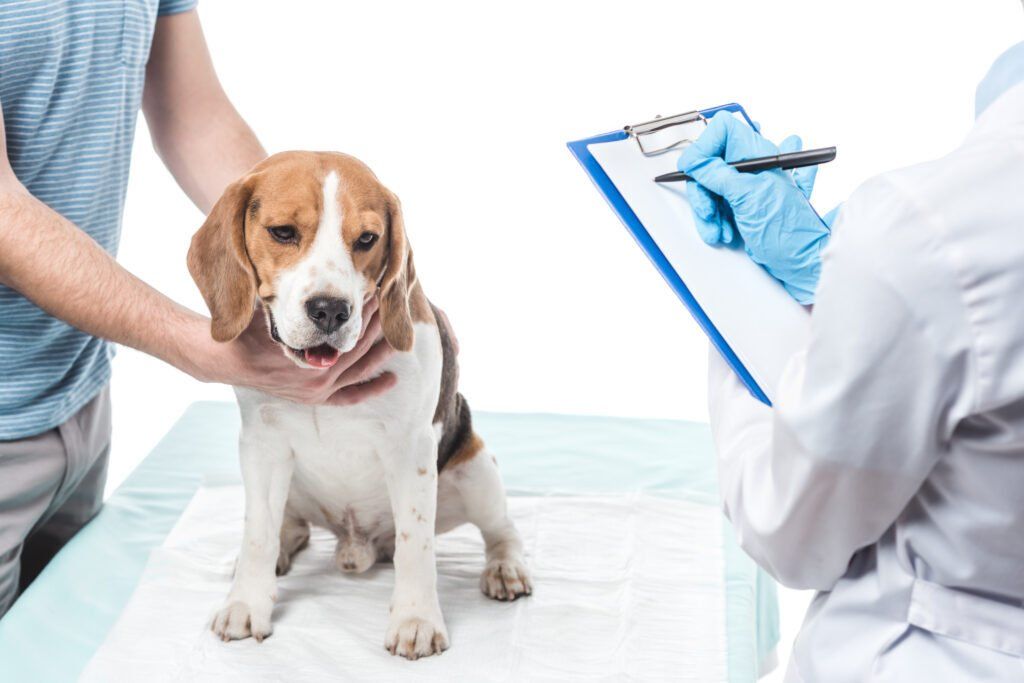
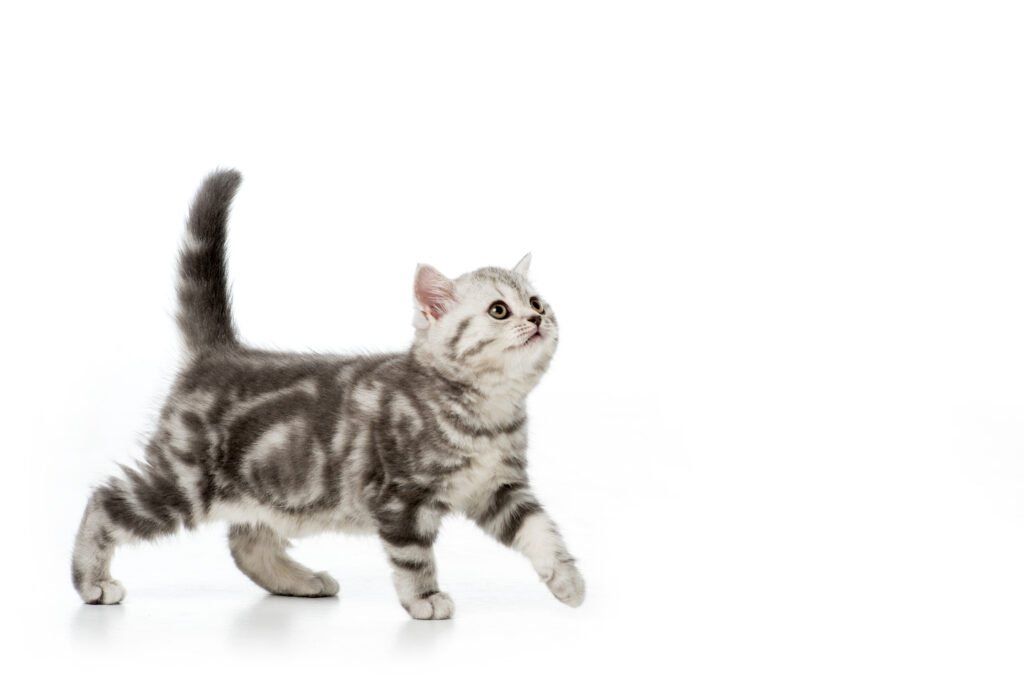
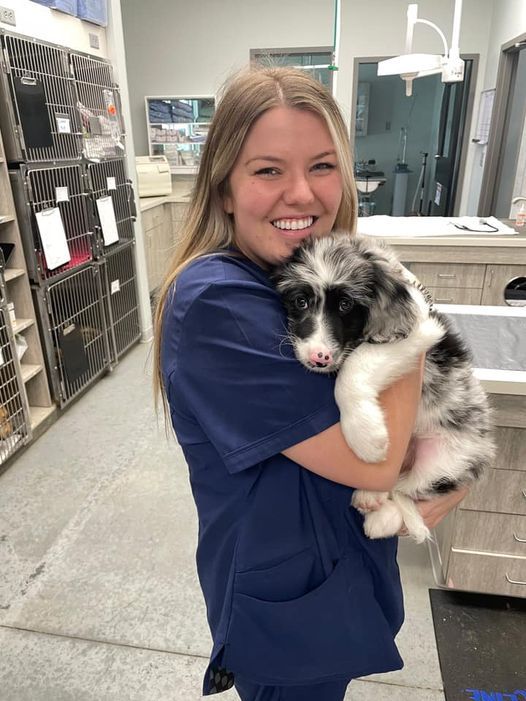
Serving all of Little Rock & Central Arkansas including:
- West Little Rock
- Chenal
- Woodland's Edge, Brodie Creek
- Sherwood
- North Little Rock
- Bryant
- Alexander
- Pleasant Valley
- Maumelle
NAVIGATION
CONTACT US
SRVC
- Visit Us
- Email Us
Privacy Policy • Terms & Conditions
Copyright © 2023 Shackleford Road Veterinary Clinic


